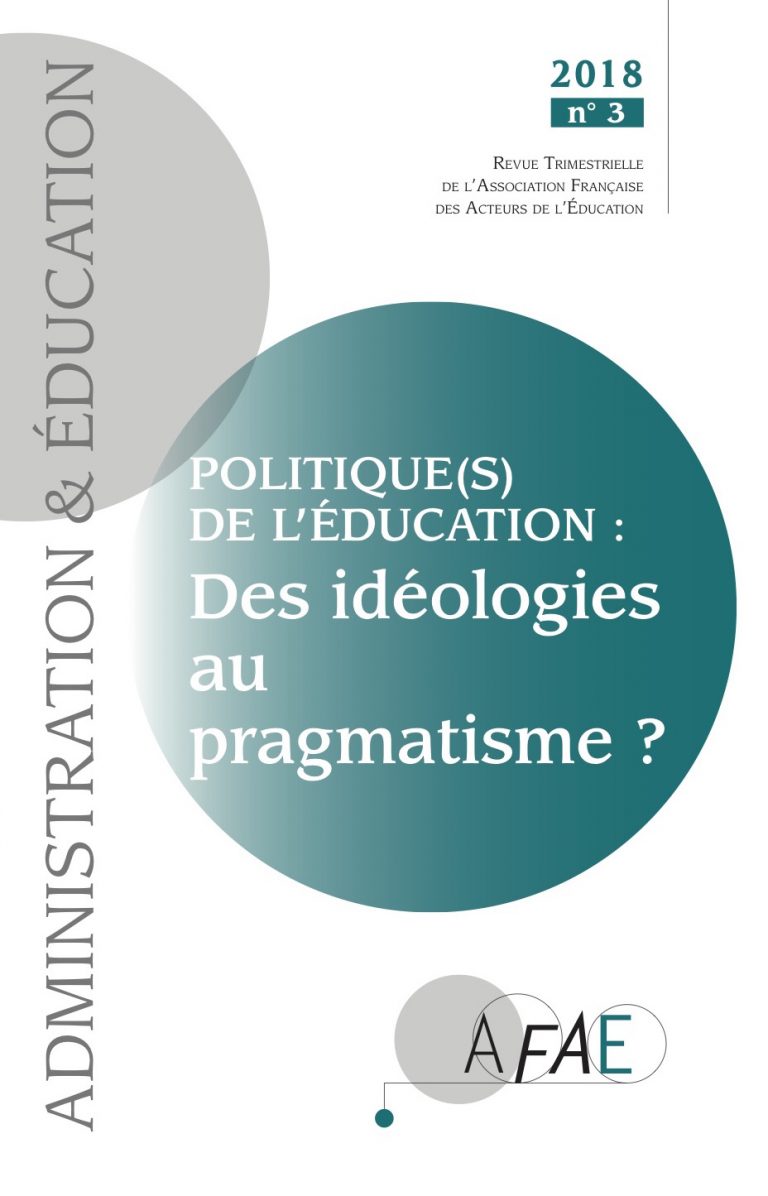
“Intersectionality and Research in Psychology.” American Psychologist 64, no. Paris: Les Éditions de Minuit.Ĭole, Elizabeth R.

“African Feminist Scholars in Women’s Studies: Negotiating Spaces of Dislocation and Transformation in the Study of Women.” Meridians: Feminism, Race, Transnationalism 6, no.1 : 113-132.īourdieu, Pierre. Paris: La Découverte.īoeku-Betts, Josephine, and Wairimù Ngarùiya Njambi. La fracture coloniale : la société française au prisme de l’héritage colonial. 1 : 70-88.īlanchard, Pascal, Nicolas Bancel, et Sandrine Lemaire. “Théorisations féministes de l’intersectionnalité.” Diogène 225, no. London and New York: Zed Books.īilge, Sirma. Re-Inventing Africa: Matriarchy, Religion and Culture.

Male Daughters, Female Husbands: Gender and Sex in an African Society. Este instituto pretende dar unidade e visibilidade a um conjunto extenso de pesquisas e atuação em diversas áreas acadêmicas com o objetivo de estreitar os vínculos deste trabalho com os movimentos sociais comprometidos com os direitos das mulheres e a promoção da igualdade de gênero.Amadiune, Ifi.


This institute aims to give unity and visibility to an extensive set of research and action in various academic areas with the objective of strengthening the ties of this work with social movements committed to the rights of women and the promotion of gender equality.Ī partir de um processo de mais de dez anos de envolvimento com o feminismo e com os estudos de gênero, as pesquisadoras da Universidade Federal de Santa Catarina (UFSC), associadas a outras pesquisadoras da Universidade Estadual de Santa Catarina (UDESC), UNISUL e UNIVALE criaram em 2005 o Instituto de Estudos de Gênero (IEG) que ficou sediado no Centro de Filosofia e Ciências Humanas da UFSC. UNIVALE created in 2005 the Institute of Studies of Gender (IEG) that was based in the Center of Philosophy and Human Sciences of UFSC. Researchers from the Federal University of Santa Catarina (UFSC), associated with other researchers from the State University of Santa Catarina (UDESC), UNISUL, and the University of Santa Catarina have been involved in a process of more than ten years of involvement with feminism and gender studies.


 0 kommentar(er)
0 kommentar(er)
